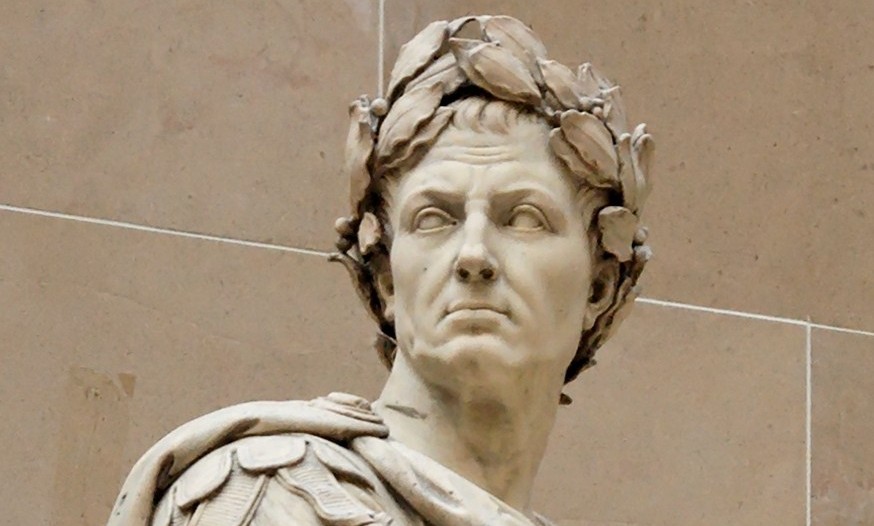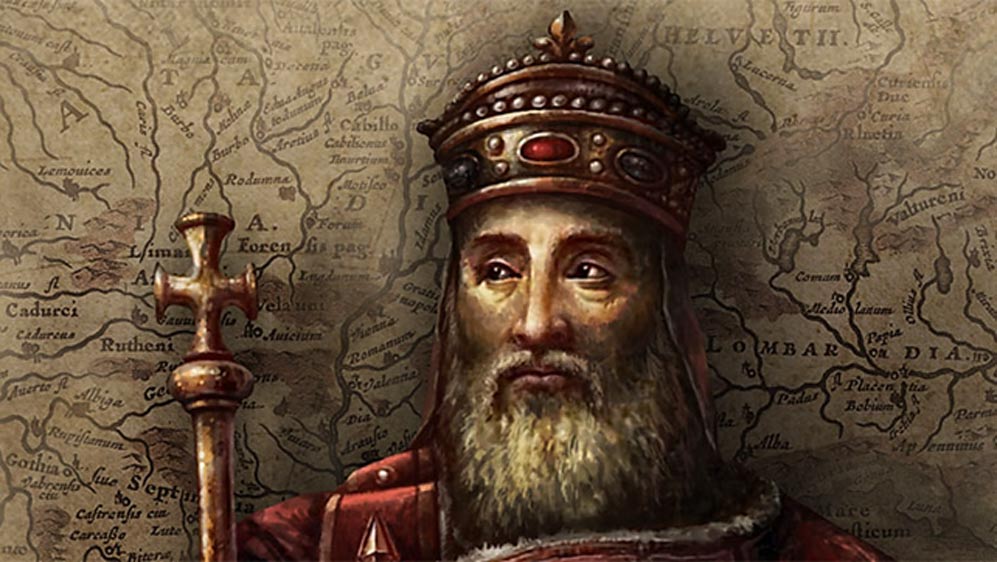Wiki - League Of Allies Generals
 •
by
•
by Red. John
Hi,
Today i'm gonna represent you the characters of our 5 generals.
Gaius Julius Caesar

was born in Rome on 12 or 13 July 100 BC into the prestigious Julian clan. His family were closely connected with the Marian faction in Roman politics. Caesar himself progressed within the Roman political system, becoming in succession quaestor (69), aedile (65) and praetor (62). In 61-60 BC he served as governor of the Roman province of Spain. Back in Rome in 60, Caesar made a pact with Pompey and Crassus, who helped him to get elected as consul for 59 BC. The following year he was appointed governor of Roman Gaul where he stayed for eight years, adding the whole of modern France and Belgium to the Roman empire, and making Rome safe from the possibility of Gallic invasions. He made two expeditions to Britain, in 55 BC and 54 BC.
Caesar then returned to Italy, disregarding the authority of the senate and famously crossing the Rubicon river without disbanding his army. In the ensuing civil war Caesar defeated the republican forces. Pompey, their leader, fled to Egypt where he was assassinated. Caesar followed him and became romantically involved with the Egyptian queen, Cleopatra.
Caesar was now master of Rome and made himself consul and dictator. He used his power to carry out much-needed reform, relieving debt, enlarging the senate, building the Forum Iulium and revising the calendar. Dictatorship was always regarded a temporary position but in 44 BC, Caesar took it for life. His success and ambition alienated strongly republican senators. A group of these, led by Cassius and Brutus, assassinated Caesar on the Ides (15) of March 44 BC. This sparked the final round of civil wars that ended the Republic and brought about the elevation of Caesar's great nephew and designated heir, Octavian, as Augustus, the first emperor.
Charlemagne

also known as Karl and Charles the Great, was a medieval emperor who ruled much of Western Europe from 768 to 814. In 771, Charlemagne became king of the Franks, a Germanic tribe in present-day Belgium, France, Luxembourg, the Netherlands and western Germany. He embarked on a mission to unite all Germanic peoples into one kingdom, and convert his subjects to Christianity. A skilled military strategist, he spent much of his reign engaged in warfare in order to accomplish his goals. In 800, Pope Leo III (750-816) crowned Charlemagne emperor of the Romans. In this role, he encouraged the Carolingian Renaissance, a cultural and intellectual revival in Europe. When he died in 814, Charlemagne’s empire encompassed much of Western Europe, and he had also ensured the survival of Christianity in the West. Today, Charlemagne is referred to by some as the father of Europe.
In his role as a zealous defender of Christianity, Charlemagne gave money and land to the Christian church and protected the popes. As a way to acknowledge Charlemagne’s power and reinforce his relationship with the church, Pope Leo III crowned Charlemagne emperor of the Romans on December 25, 800, at St. Peter’s Basilica in Rome.


Comments
Hungary attacks Romania!
erepublik,com/en/article/2650296